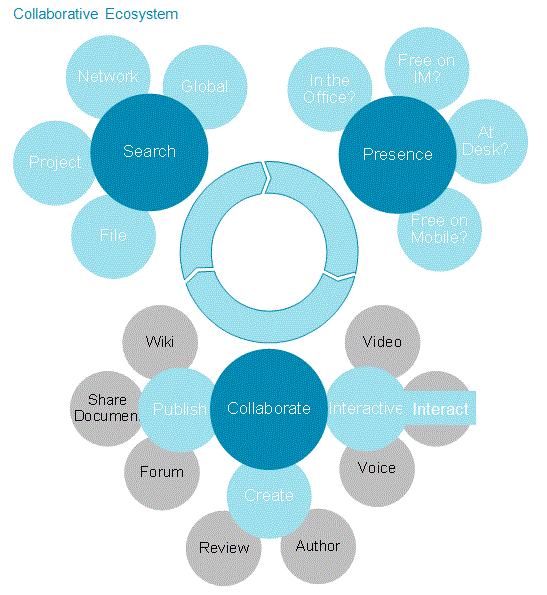Robo Op: How Robotic Process Automation Is Applied in Banking Operations
Abstract
Celent has released a new report titled Robo Op: How Robotic Process Automation Is Applied in Banking Operations. The report was written by Banking analyst Stephen Greer and Insurance senior analyst Craig Beattie.

The focus over the last decade in banking has been around streamlining business processes to reduce waste and increase efficiency. Automation and analytics contribute to this view of efficiency where repetitive tasks are removed from human activity within the organization. This includes all aspects of business operations from sales to product development to compliance.
Robotic process automation (RPA) is a set of technologies that enables the automation of processes that currently require human involvement. It’s a collection of configurable tools within an enterprise management framework aimed at integrating systems by replicating the actions of the user: interpreting interfaces, transforming data, and initiating/responding to events. RPA tools seek to mimic the role of the human.
This report principally discusses RPA and the demonstrable and sustainable economic value derived from implementing automation. It touches on artificial intelligence and cognitive technologies and what some are calling Bionics, which refers to processes that blend human and robotic inputs.

RPA is a valuable technology that banks should consider. There are impacts in adopting RPA in terms of increasing time and cost of change to systems and automating error-prone processes. RPA is not suitable in all situations, but in cases where a quick, cheap automation solution is appropriate and the underlying systems are not being changed frequently, then RPA may be a useful, pragmatic solution.
Many RPA tools already exist in companies, but they are not labeled as RPA. They are quite easy to deploy. They often don’t require IT involvement, and sometimes they can just be installed on a desktop and left to run. It is worth finding out if these kinds of technologies have been implemented already.
“RPA can deliver significant business benefits, but it must be applied in the right places. It requires a healthy level of skepticism and pragmatism, and is not a replacement for strategic investment in IT,” says Beattie.
“RPA is not yet a commodity solution. In particular, vendor propositions differ in scope and capabilities,” Greer adds.

